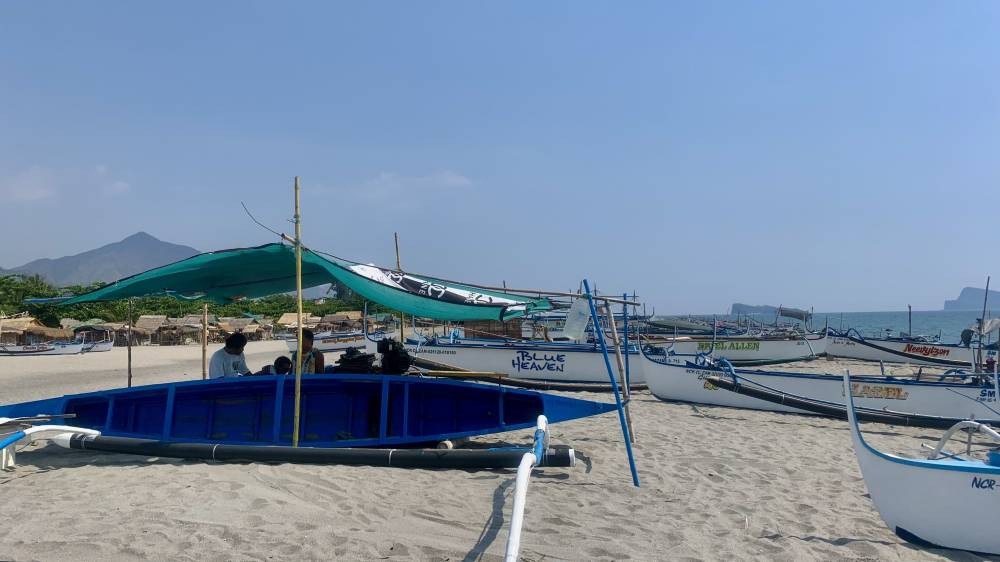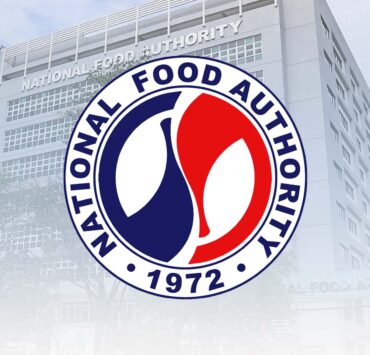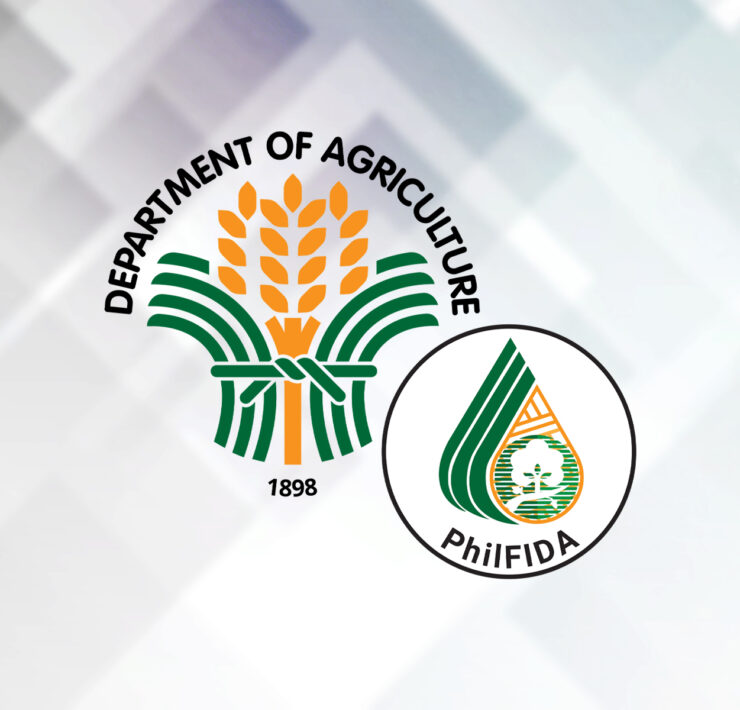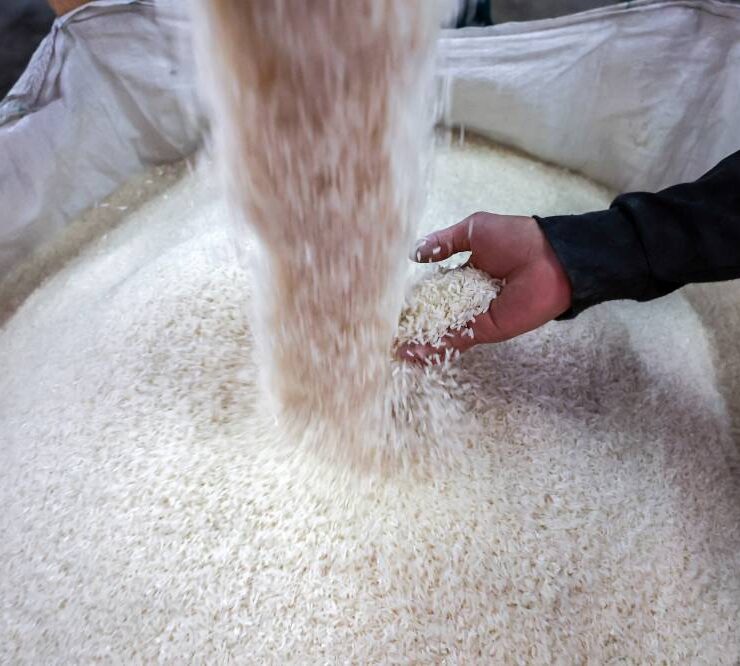Importation allowed amid ban on local fishing

The Department of Agriculture (DA) has authorized the importation of fish and aquatic products during the “ber months.”
This is “to stabilize prices, especially during the closed fishing season,” Bureau of Fisheries and Aquatic Resources spokesperson Nazario Briguera said in a message on Wednesday.
Via Memorandum Order No. 47, the DA approved the importation of 55,000 metric tons (MT) of frozen small pelagic fish for wet markets from Oct. 1 to Dec. 31, to ensure a more stable supply of fish.
The DA said that recent calamities caused by successive tropical typhoons have further slashed local fish production.
Also, through Memorandum Order No. 46, the DA gave the green light to import 22,000 MT of specified fish and fishery/aquatic products from September to December to meet market demand and provide a wider range of choices.
The DA promulgated these two orders in a bid to curb inflation, ensure food security and diversify food choices.
Fisheries and aquatic products for importation are Alaskan pollock, anchovies, barramundi, capelin, Chilean Seabass, cobia, cod/black cod, whiting, croaker, crustaceans, dolphin fish, eel and emperor fish.
The orders also cover fish meat, flounder, “fusilier,” “gindara,” gourami, grouper, “gunard,” haddock, hairtail, hake, halibut, “hamachi,” “hoki,” “largesnout goby,” mackerels, marlin, mollusks, “pangasius,” plaice, moonfish and mullet.
Completing the list are Nile perch, octopus, oilfish, pomfrets, “ponyfish,” rabbitfish, red snapper, red bream/alfonsino, salmon, sardines, sea bream, “silago,” smelt, squid, sweetlips, swordfish, threadfin bream, torpedo scad/hairtail scad, trout, trevally, tuna and yellowtail sole.
MO 47 allows registered importers under Fisheries Administrative Order No. 259 to import frozen small pelagic fish in the fourth quarter of this year.
Of the allocation, 80 percent will be given to registered importers belonging to the commercial fishing sector and 20 percent to registered fisheries associations or cooperatives.
Meanwhile, MO No. 46 covers importers who have been accredited through FAO No. 195 for processing purposes or as institutional buyers for at least one year before the issuance was made.
Registered importers under FAO No. 259 who joined in previous importation rounds are also eligible to participate.
Importers with pending cases or investigations in relation to violating any food safety or importation rules and regulations, and who failed to secure a Bureau of Customs accreditation or clearance, are disqualified from joining.
Fishing in major grounds is suspended for three months to protect target fish species during their peak spawning period and address other concerns such as overfishing and climate change.





















